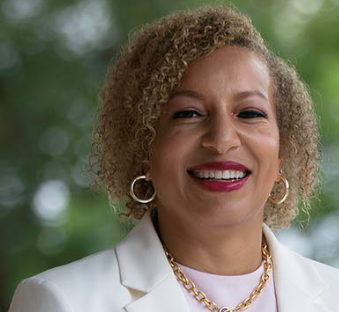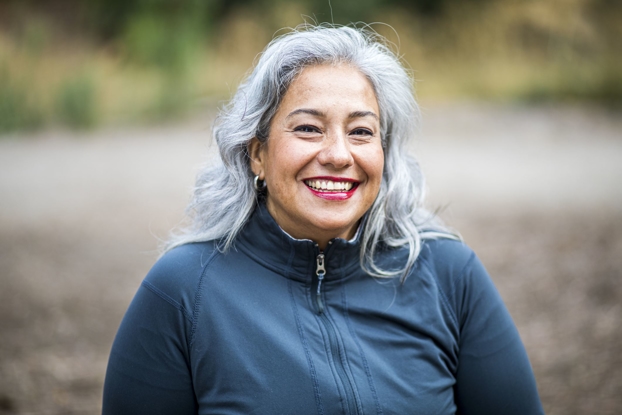Know your risks for breast cancer
- Category: Women's Health, Cancer Care
- Posted On:
- Written By: Shawn McKinney, MD

A risk factor is anything that may increase your chance of having a disease. When it comes to breast cancer, knowing your risks can help you make the healthiest choices possible and detect problems early.
Breast cancer screening mammography recommendations are for women at average risk, which is determined by several factors. Recommendations on when those screenings should begin can vary. The United States Preventative Task Force recommends that women at average risk begin mammography at age 50 and have them every other year. The American Cancer Society, American College of Surgeons, and the American Society of Breast Surgeons all recommend that annual mammography begins at age 40. With these varied recommendations, it can be a bit confusing for anyone.
There is a way to know whether you are at average risk or high risk. Being designated as a high-risk patient requires a different set of recommendations.
There are several things that go into assessing your individual risk.
- Age
- Ethnicity
- Body Mass Index (BMI)
- Your hormone, menopausal, and pregnancy status
- Family cancer history (on both sides) for at least 3 generations including the ages that they were diagnosed
- Breast surgical history and the pathology of those results
When all these things are considered, an individual risk assessment can be done, and specific recommendations can be made for you. You may need to begin mammograms earlier than 40, you may meet criteria for genetic testing, or you may fit criteria for a screening breast MRI in addition to mammography.
Several factors can be divided into modifiable, things we can change, and nonmodifiable, things we cannot change. There are things about your history that cannot be changed. The two biggest ones are being born female and getting older.
There are some things that we can change, such as your BMI. Among women, the prevalence of obesity is 39.7% for ages 20-39, 43.3% for ages 40-59, and 43.3% for ages 60 and over. Getting to and maintaining a good weight is essential to reducing breast cancer risk, especially after menopause when it is harder to maintain a healthy weight.
An increase in alcohol intake (more than two-three drinks a day) can have about a 20% risk increase as compared to women who have one drink a day (7-10%). Not having kids or having your first child after the age of 30 can increase your risk slightly and not breastfeeding can also increase your risk.
Breast cancer risk also increases for women who take combined (estrogen and progesterone) hormone replacement medications and this risk increases after about four years of use. There have not been any consistent studies showing that estrogen-only hormone replacement significantly increases breast cancer risk. You should consult with your physician to take the lowest dosage for the shortest amount of time to control symptoms. Understanding your risks can assist you in making informed choices.
Take the time to obtain your family history and ask your physician if they perform an individual risk assessment. This is something that is regularly done by a Breast Specialist.

I serve as Director of Breast Services at University Medical Center and as Professor of Clinical Surgery at LSU Health Sciences Center. My interest in breast cancer care extends to research, particularly around reducing disparities associated with breast cancer and the molecular basis for breast cancer recurrence. As a surgeon, I am always conscious of the cosmetic impact of removing breast disease and work toward the safest outcome for each patient.
Helping you maintain your breast health
Your breast health is important to us. To schedule a mammography appointment, please call 504-702-5700. Learn more about our comprehensive Breast Health Program here.


